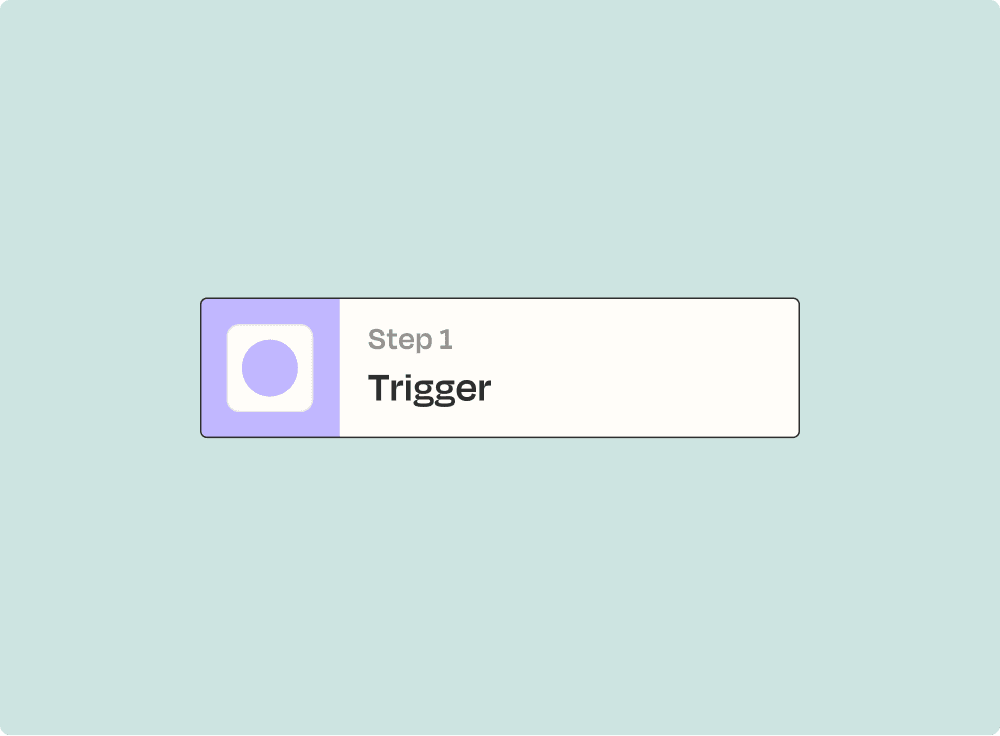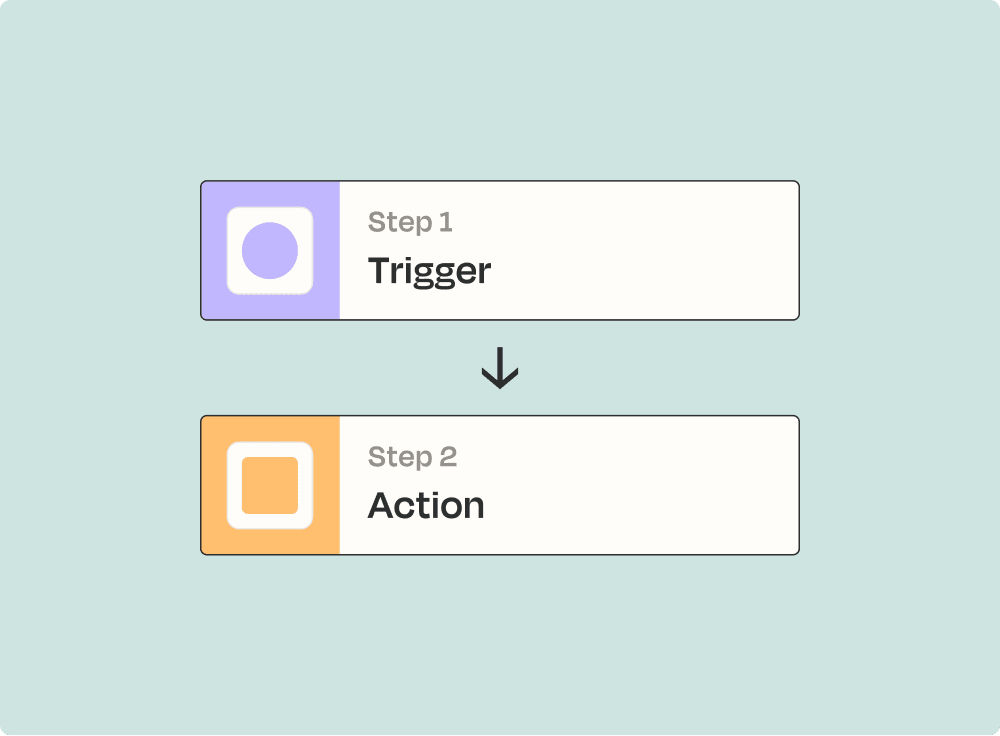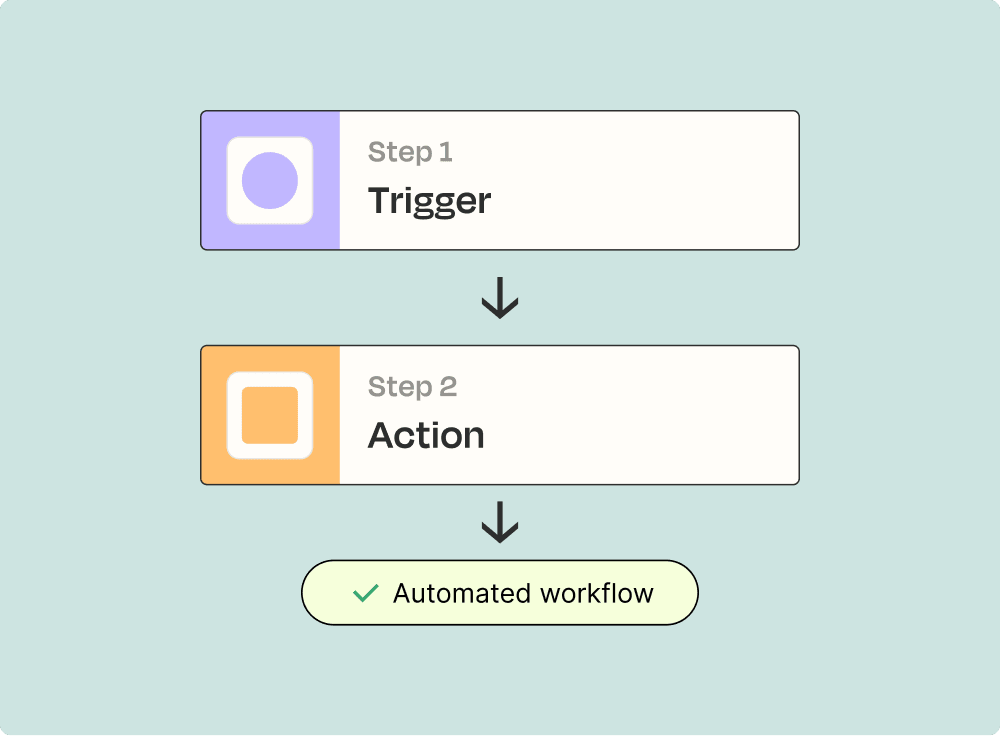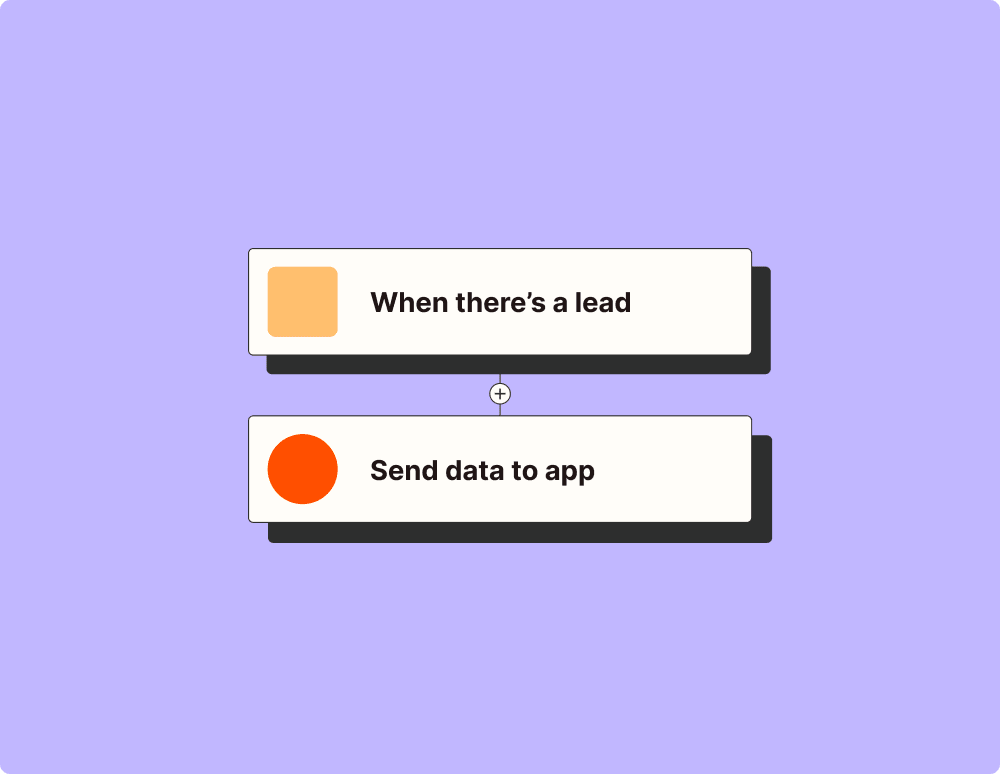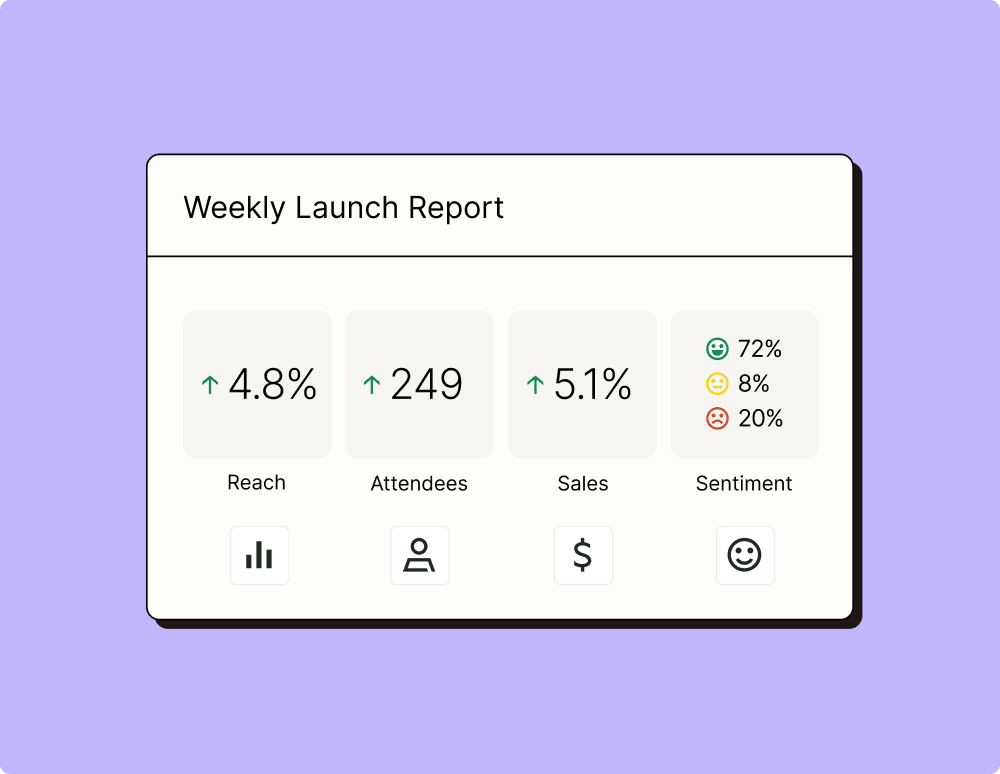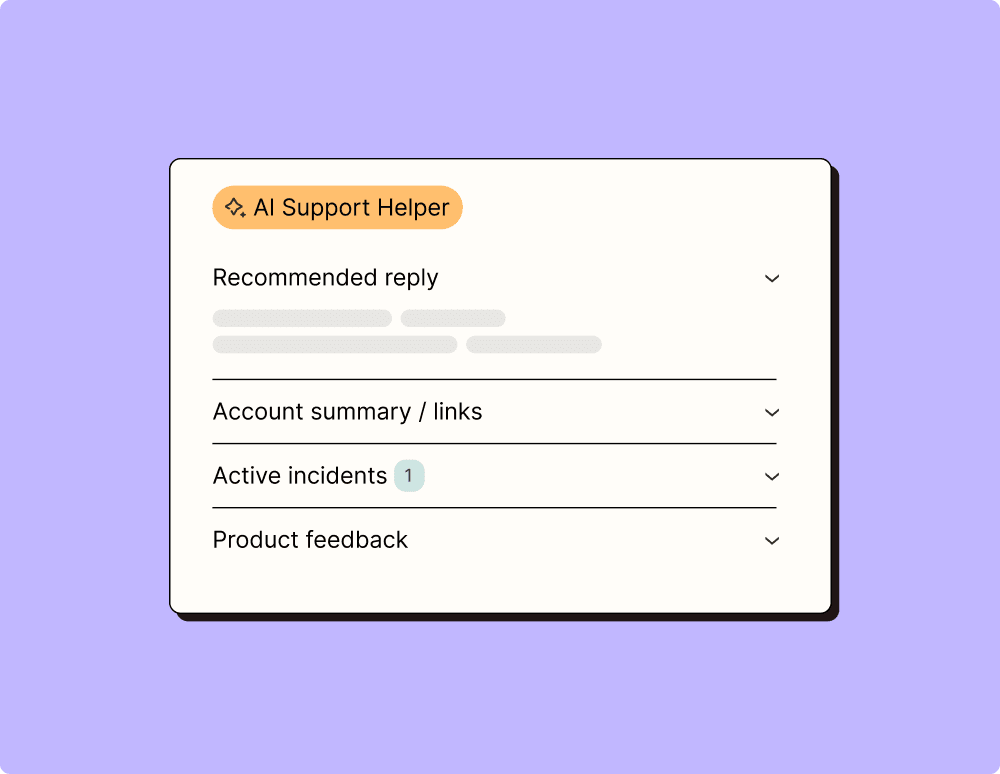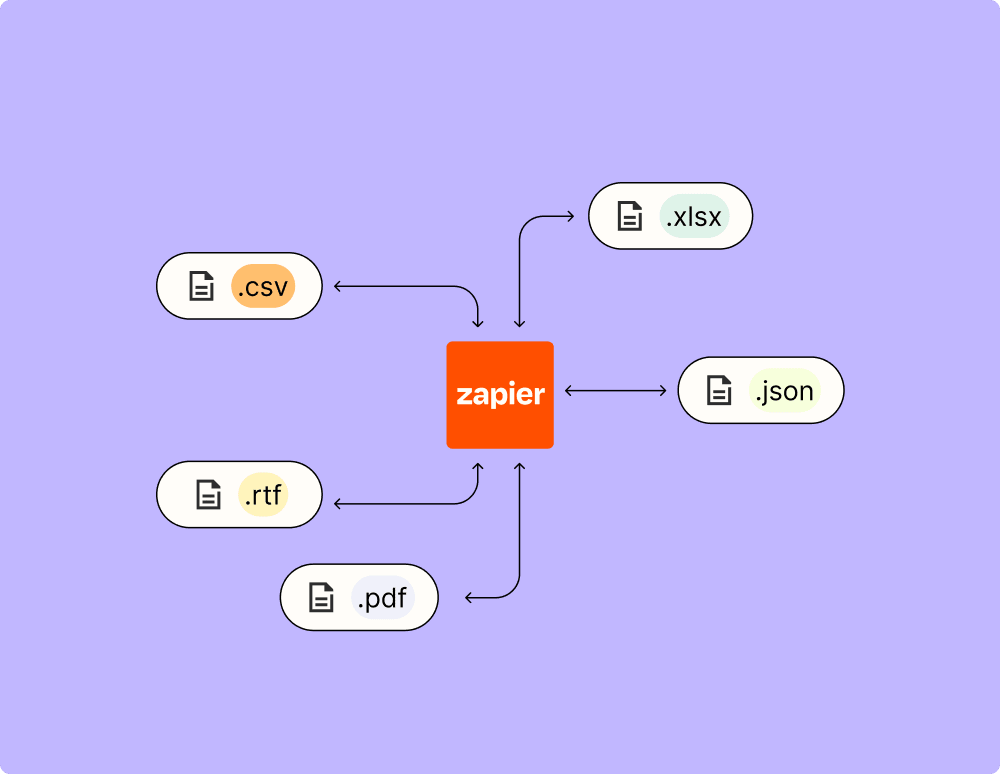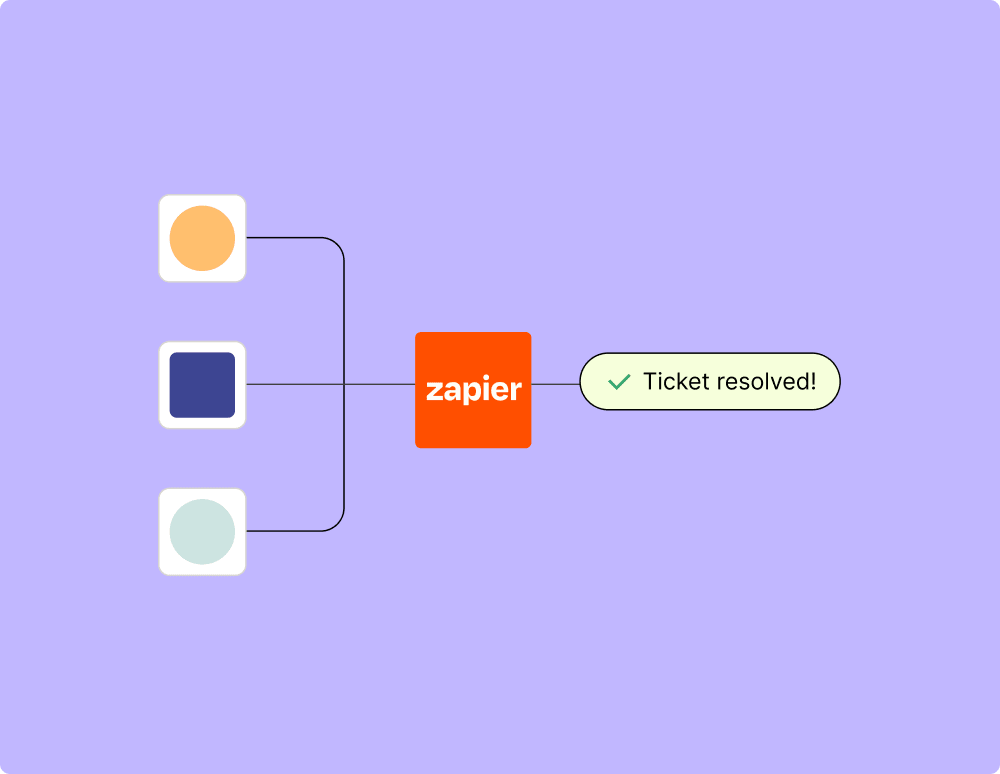Connect Facebook Pages and Webhooks by Zapier to unlock the power of automation
- No credit card required
- Free forever for core features
- 14-day trial for premium features and apps
Set up your first integration
Quickly connect Facebook Pages to Webhooks by Zapier with a Zapier template.
Our most popular template

How Zapier works
Zapier makes it easy to integrate Facebook Pages with Webhooks by Zapier - no code necessary. See how you can get setup in minutes.
Select a trigger from Facebook Pages
Setup an action from Webhooks by Zapier
That’s it! You just connected Facebook Pages to Webhooks by Zapier
Zapier is the automation platform of choice for 87% of Forbes Cloud 100 companies in 2023
93%
Customers who say using Zapier has made them better at their job
25m
Customers have created over 25 million Zaps on the platform
6 mins
The average user takes less than 6 minutes to set up a Zap
Frequently Asked Questions about Facebook Pages + Webhooks by Zapier integrations
New to automation with Zapier? You're not alone. Here are some answers to common questions about how Zapier works with Facebook Pages and Webhooks by Zapier
How do I connect Facebook Pages to Zapier using Webhooks?
You can connect Facebook Pages to Zapier by setting up a Webhook Trigger in your Zap. First, create a new zap and choose the event 'Catch Hook' under the Webhooks app. This will provide you with a unique URL that you then copy and paste into the webhook configuration on your Facebook Page's settings.
What types of triggers can I expect when integrating Facebook Pages with Zapier through Webhooks?
When using Webhooks to integrate Facebook Pages, typical triggers include receiving posts, comments, or messages on your page. You can set up these events to activate Zaps whenever they occur on your Page.
Does integrating with Webhooks affect the performance of my Facebook Page?
Integrating with Webhooks doesn't affect the performance of your Facebook Page directly. However, it's important to manage and monitor any actions triggered through Zaps as they may send a lot of data simultaneously if not configured properly.
Can I send customized responses back to my Facebook Page using this integration?
Yes, after triggering an event from your Facebook Page through a webhook, you can use actions in subsequent Zap steps to post responses or messages back to your Page automatically.
Are there any limitations I should be aware of when setting up webhooks with my Facebook Page?
While webhooks are powerful tools for real-time data synchronization, remember that each zap using them is subject to the usage limits based on your Zapier plan. Additionally, ensure compliance with Facebook's data policies and real-time updates feature limits.
How often does Zapier check for new events from my Webhook integration?
Webhooks are designed for real-time integration. This means that when an event occurs on your connected system (like receiving a new post), it sends data instantly via webhook to trigger actions in your zap without delay.
What should I do if my webhook isn't capturing all events from my Facebook Page?
Ensure that your webhook is correctly set up in the appropriate settings section of your Facebook Page. Check if filters in your zap might be limiting which events cause triggers and confirm that all required permissions are granted for accurate data flow.
Supported triggers and actions
Zapier helps you create workflows that connect your apps to automate repetitive tasks. A trigger is an event that starts a workflow, and an action is an event a Zap performs.
- PageRequired
- Post
Try ItTriggerInstant- PageRequired
Try ItTriggerPolling- PageRequired
Try ItTriggerPolling- PageRequired
- PhotoRequired
- Description
ActionWrite
- Info
- PageRequired
Try ItTriggerPolling- PageRequired
Try ItTriggerPolling- PageRequired
- PhotoRequired
ActionWrite- PageRequired
- PostRequired
- MetricsRequired
ActionWrite
